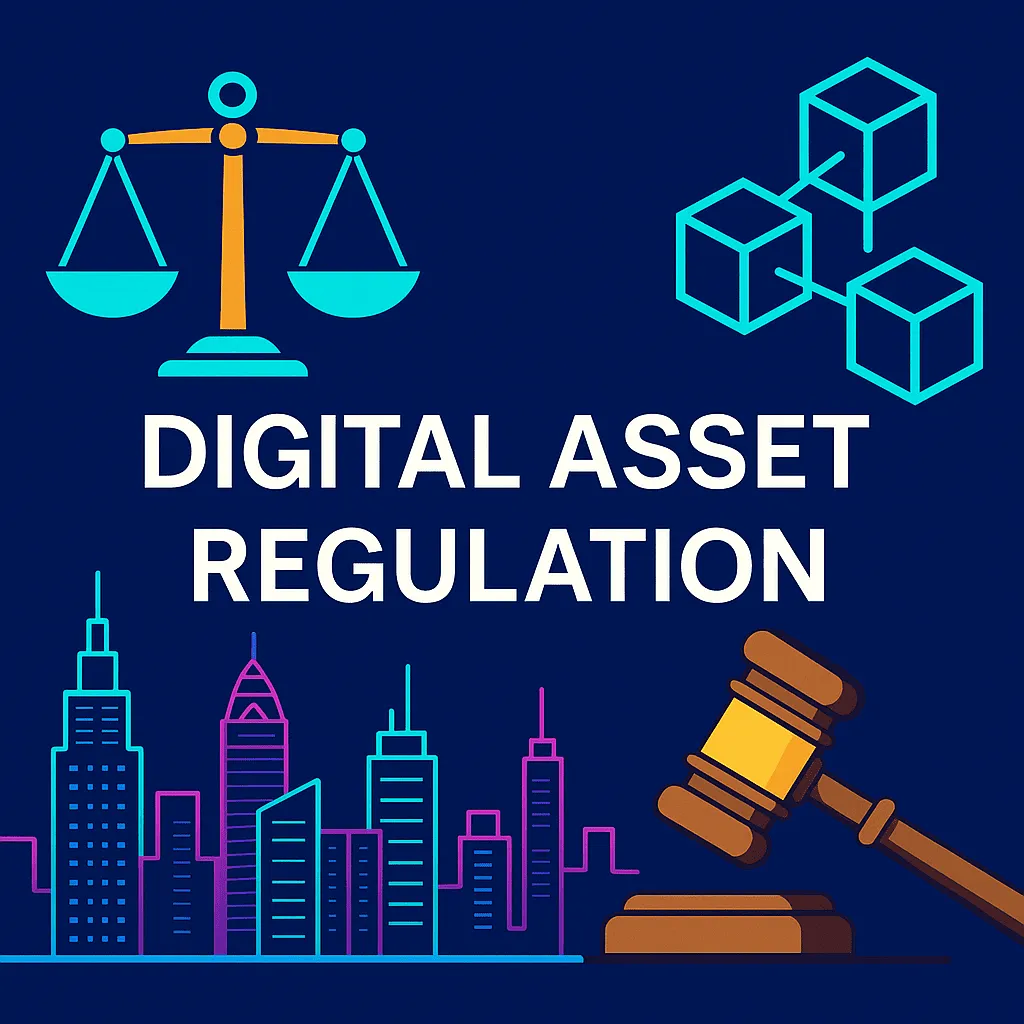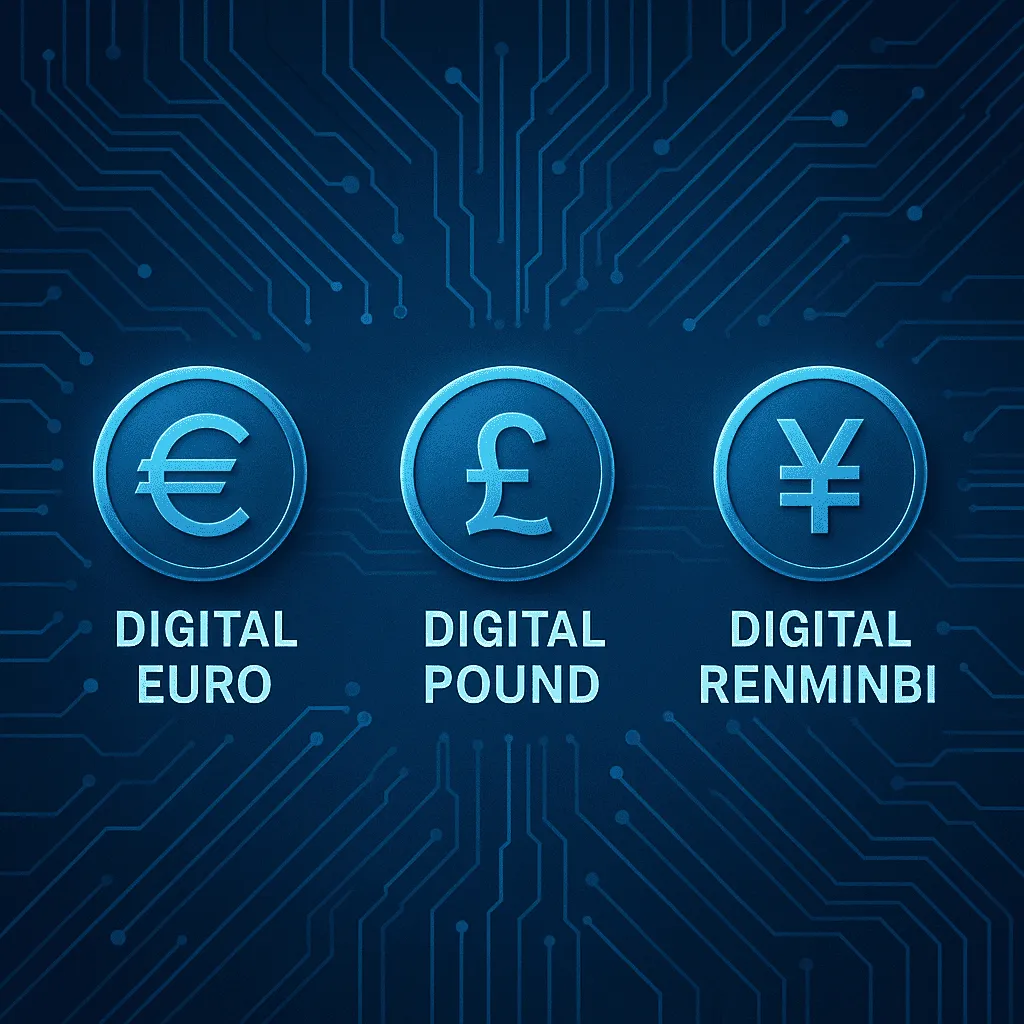The Secret of Digital Asset Regulation: A Comparison of the Three Major Models of UK, US and Europe in 2025 focuses on the latest evolution of the global digital asset regulatory landscape, and analyzes the compliance innovations and regulatory pain points of different jurisdictions from the perspective of London.
Summary:Focusing on the latest evolution of the global digital asset regulatory landscape, this paper analyzes the compliance innovations and regulatory pain points in different jurisdictions from the perspective of London.
1 Background Overview
Digital assets include cryptocurrencies, stablecoins, and tokenized securities. As their scale and application scenarios expand rapidly, regulators face the dual challenges of "balancing innovation and risk". In the first half of 2025, major economies around the world have successively issued or revised digital asset regulatory policies, and regulatory sandboxes, pilot projects, and compliance standards have emerged in an endless stream.
2 Comparison of major regulatory models
2.1 UK: Appropriate Regulation and Open Innovation
The UK Financial Conduct Authority (FCA) will launch a " Digital Asset Regulatory Sandbox " at the end of 2024, allowing qualified companies to test DeFi applications and CBDC access in a real environment.
Features : The entry threshold of the sandbox is relatively low, and the regulatory toolkit (RegTech API) is free and open;
Results : The first batch of 12 companies passed the sandbox test, involving cross-border payments, compliance audits and asset custody;
Challenge : SMEs face a “compliance cost peak” and the FCA is pushing to simplify the process.
2.2 United States: Decentralized Regulation and Federal Coordination
The U.S. regulatory system is divided among multiple agencies (SEC, CFTC, FinCEN), and crypto assets present a "multi-regulatory" pattern.
Advantages : Each institution can respond flexibly according to its own functions;
Disadvantages : Lack of a unified regulatory framework, high compliance costs for companies across states;
Progress : In May 2025, FINRA and the SEC jointly released the "Uniform Disclosure Standard" covering stablecoin issuance and exchange operations.
2.3 Europe: Improved legal system and unified market
The European Union passed the Market in Digital Assets (MiCA) Regulation in 2023, which sets comprehensive compliance requirements for stablecoins, trading platforms and wallet operators.
Implementation effect : MiCA will come into effect from January 2025, and all platforms providing services within the EU must be licensed or exempted;
Market reaction : Asian and North American exchanges have applied for MiCA exemptions or set up subsidiaries in Ireland and Luxembourg.
3 Regulatory innovation and pain points
3.1 Real-time monitoring and on-chain auditing
Chain analysis : Chainalysis, Elliptic and other companies seamlessly connect on-chain data with KYC/AML systems to achieve real-time transaction monitoring;
Application case : In Q1 2025, FCA and Chainalysis cooperated to pilot the "suspicious address blacklist", which has intercepted dozens of potential money laundering activities in advance.
3.2 Smart Contract Compliance Audit
Tool platform : OpenZeppelin and CertiK provide automated auditing tools to detect contract vulnerabilities through static analysis and fuzz testing;
Trend : More and more DeFi projects use "audit reports" as a pre-chain entry condition.
3.3 Stablecoin Regulation
Global convergence : Both the G7 and G20 have proposed homogeneous regulation of “systemically important” stablecoins.
Core requirements : Stablecoins should have 100% asset support, regularly publish audit reports, and formulate emergency plans to protect the rights and interests of holders.
4 Implications for Institutions and Investors
Early compliance planning : Early practice in a sandbox or pilot program can significantly reduce the risk of subsequent license applications;
Technology-enabled auditing : Deploy on-chain monitoring and automatic contract auditing tools to improve compliance efficiency;
Cross-border architecture optimization : Flexibly adjust operating entities according to MiCA, MiCAR and other regulations to avoid conflicts between multiple regulators.
5 Future Outlook
Regulatory technology integration : In the future, regulators will adopt more AI and blockchain technologies to promote the synergy of "RegTech + SupTech";
Global standards convergence : International organizations are promoting the development of a “unified digital asset compliance framework” to achieve cross-border regulatory collaboration;
Market maturity : As regulations are gradually implemented, the digital asset market will move from "wild growth" to "regulated development", creating a safer investment environment for institutional and retail investors.


⚠️Risk Warning and Disclaimer
BrokerHivex is a financial media platform that displays information from the public internet or user-uploaded content. BrokerHivex does not support any trading platform or instrument. We are not responsible for any trading disputes or losses arising from the use of this information. Please note that the information displayed on the platform may be delayed, and users should independently verify its accuracy.

